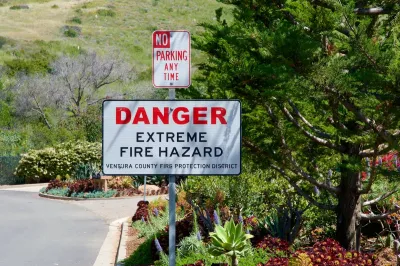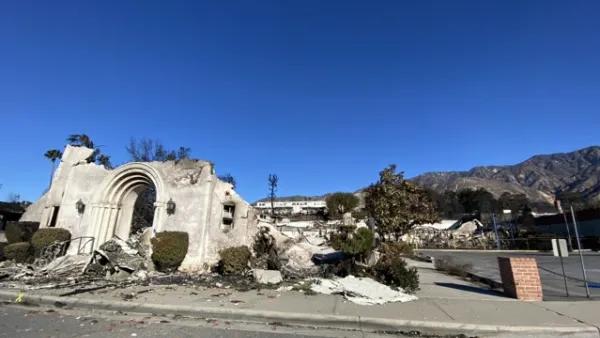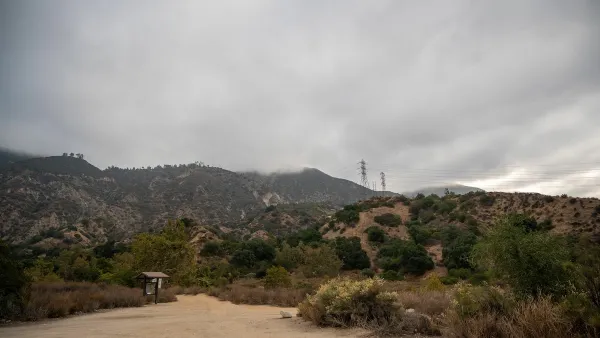Rising global temperatures driven by climate change are intensifying and prolonging wildfire seasons worldwide, necessitating improved forest management, public awareness, and urgent action to reduce fossil fuel emissions.

Wildfires are increasingly frequent and intense, with climate change playing a significant role in creating conditions conducive to fire outbreaks. While most wildfires are sparked by human activity, rising global temperatures fueled by greenhouse gas emissions exacerbate fire-prone conditions, such as extreme heat, dry weather, and drought. A phenomenon called "hydroclimate whiplash," where periods of extreme wetness are followed by severe dryness, has been identified as a key factor in the Los Angeles fires, which were preceded by a wet winter that spurred vegetation growth, later becoming fire fuel due to a record-dry summer in 2024. This trend is part of a global pattern, with wildfire seasons now extended by two weeks and fires occurring outside traditional seasons.
The impact of wildfires is immense, with recent events in California, Canada, and Brazil highlighting the scale of destruction. Rising temperatures have increased the area burned by wildfires in California by 172 percent in recent decades, while in Canada, wildfires in 2023 accounted for more than a quarter of global forest loss for the year. Boreal forests, which cover vast areas in countries like Russia and Canada, are particularly vulnerable, with climate change driving much of the increased fire activity. Globally, wildfires have doubled over the past 20 years, leading to devastating environmental and economic losses while threatening public health and biodiversity.
Experts stress the importance of proactive measures to reduce wildfire risk and improve response capabilities. Investments in early warning systems, better forest management practices, and public education are essential. Strategies include reducing monocultures, managing vegetation through prescribed burns or grazing animals, and implementing fire-resistant landscaping around homes. On a larger scale, addressing the root cause of rising temperatures—fossil fuel emissions—is critical. Organizations like the Union of Concerned Scientists have called on fossil fuel companies to take urgent action to reduce emissions and help mitigate the escalating wildfire crisis.
FULL STORY: How are wildfires connected to rising temperatures?

Analysis: Cybertruck Fatality Rate Far Exceeds That of Ford Pinto
The Tesla Cybertruck was recalled seven times last year.

National Parks Layoffs Will Cause Communities to Lose Billions
Thousands of essential park workers were laid off this week, just before the busy spring break season.

Retro-silient?: America’s First “Eco-burb,” The Woodlands Turns 50
A master-planned community north of Houston offers lessons on green infrastructure and resilient design, but falls short of its founder’s lofty affordability and walkability goals.

Test News Post 1
This is a summary

Analysis: Cybertruck Fatality Rate Far Exceeds That of Ford Pinto
The Tesla Cybertruck was recalled seven times last year.

Test News Headline 46
Test for the image on the front page.
Urban Design for Planners 1: Software Tools
This six-course series explores essential urban design concepts using open source software and equips planners with the tools they need to participate fully in the urban design process.
Planning for Universal Design
Learn the tools for implementing Universal Design in planning regulations.
EMC Planning Group, Inc.
Planetizen
Planetizen
Mpact (formerly Rail~Volution)
Great Falls Development Authority, Inc.
HUDs Office of Policy Development and Research
NYU Wagner Graduate School of Public Service




























